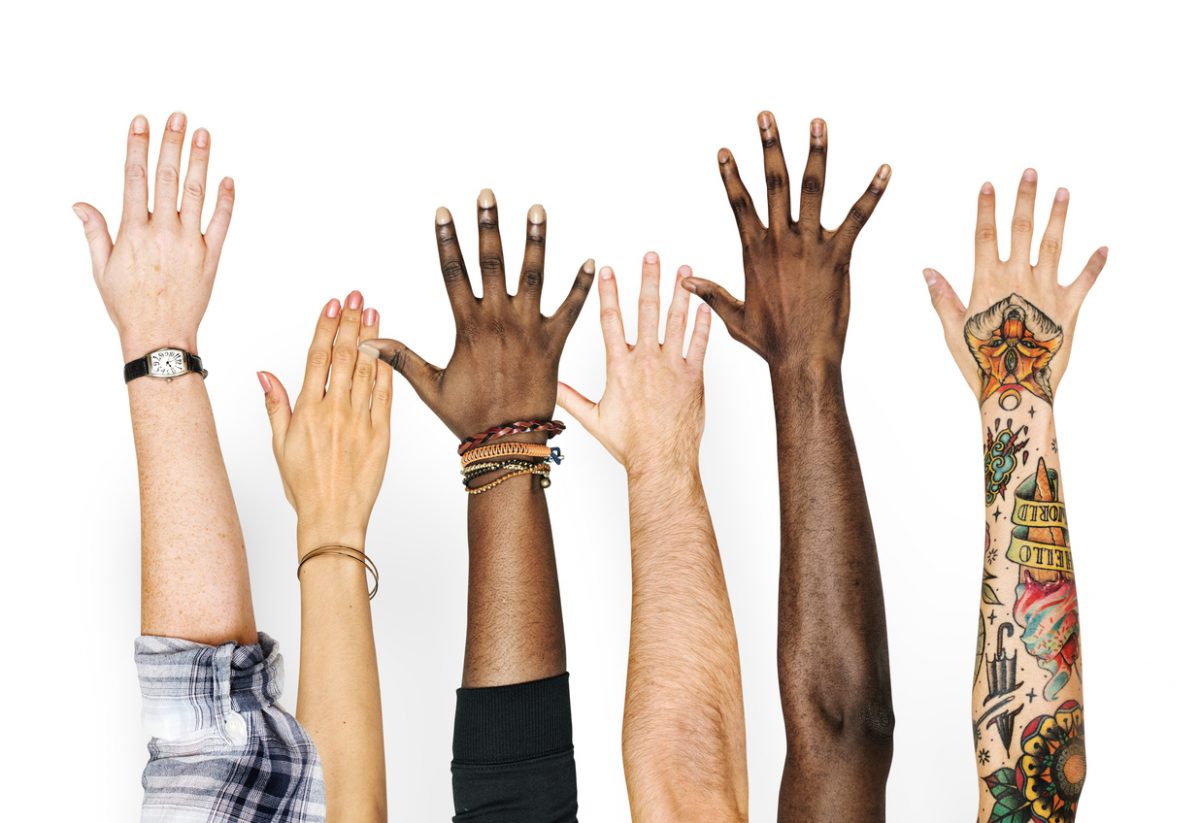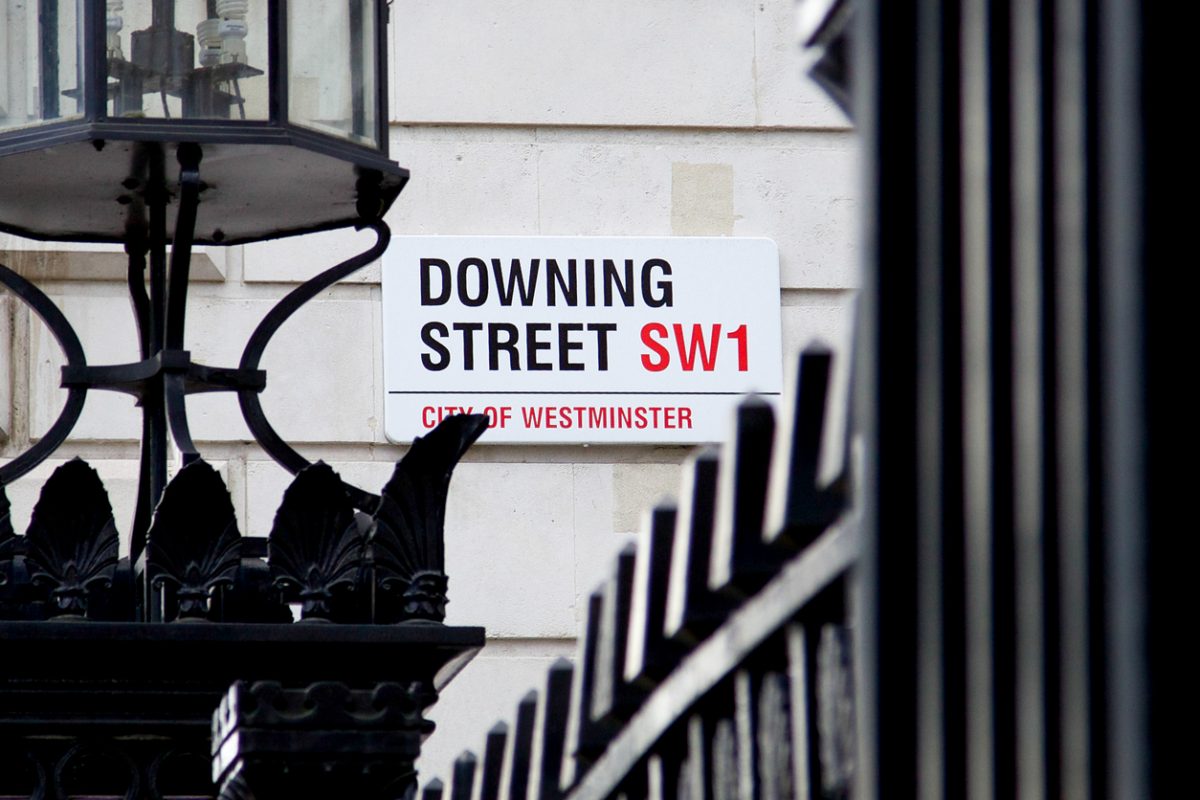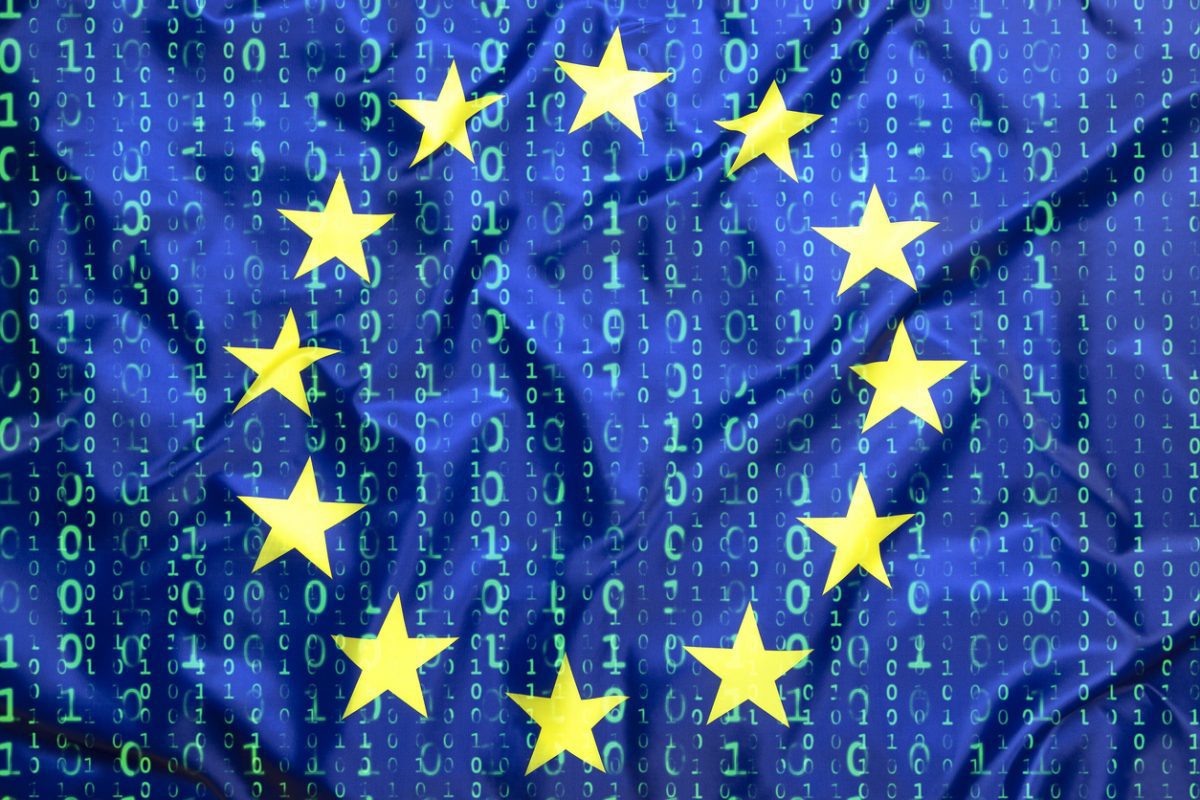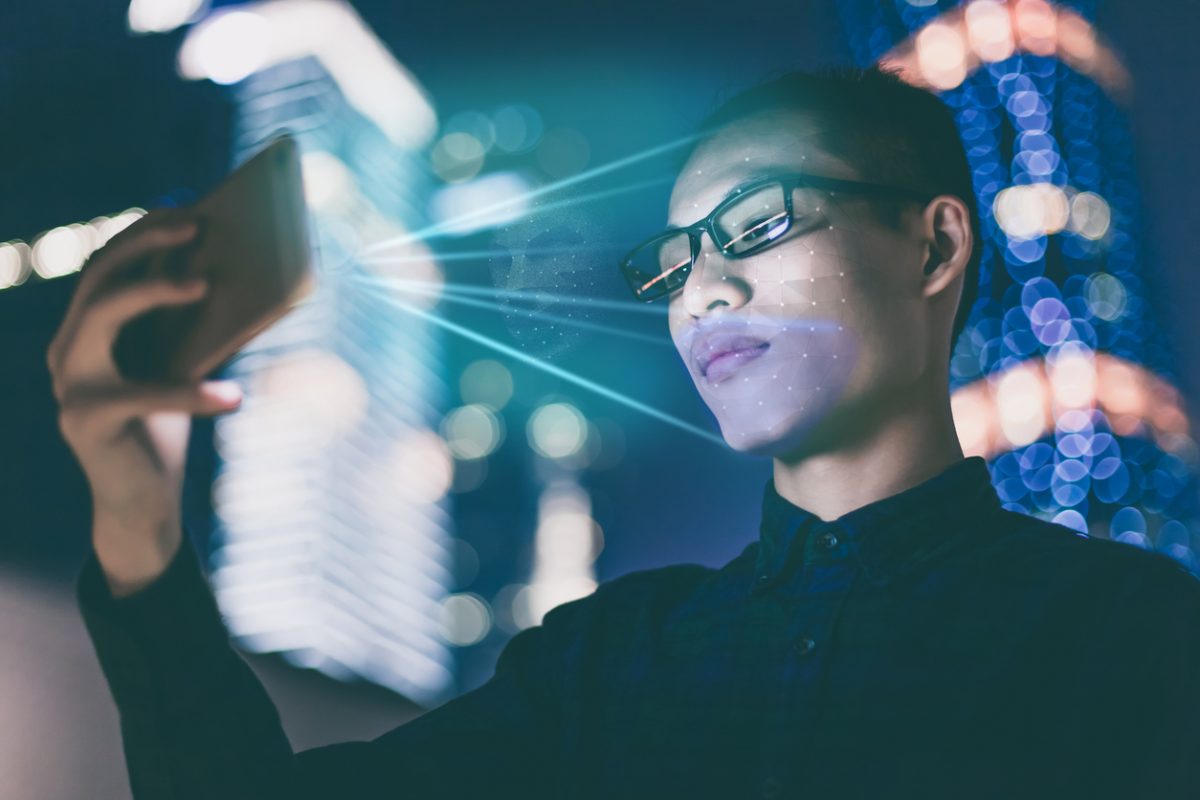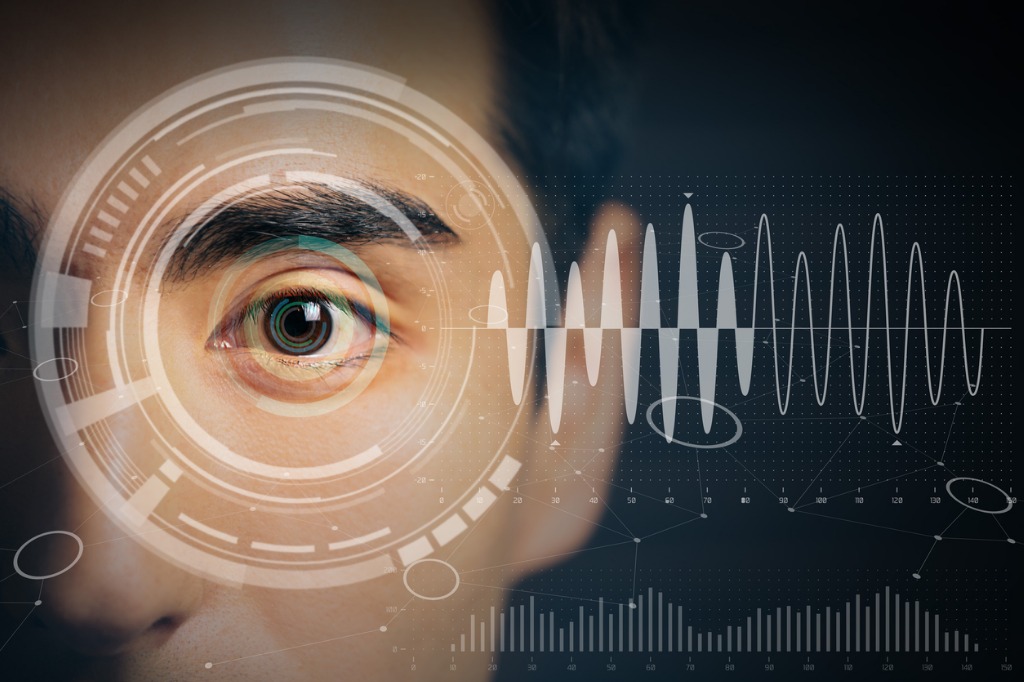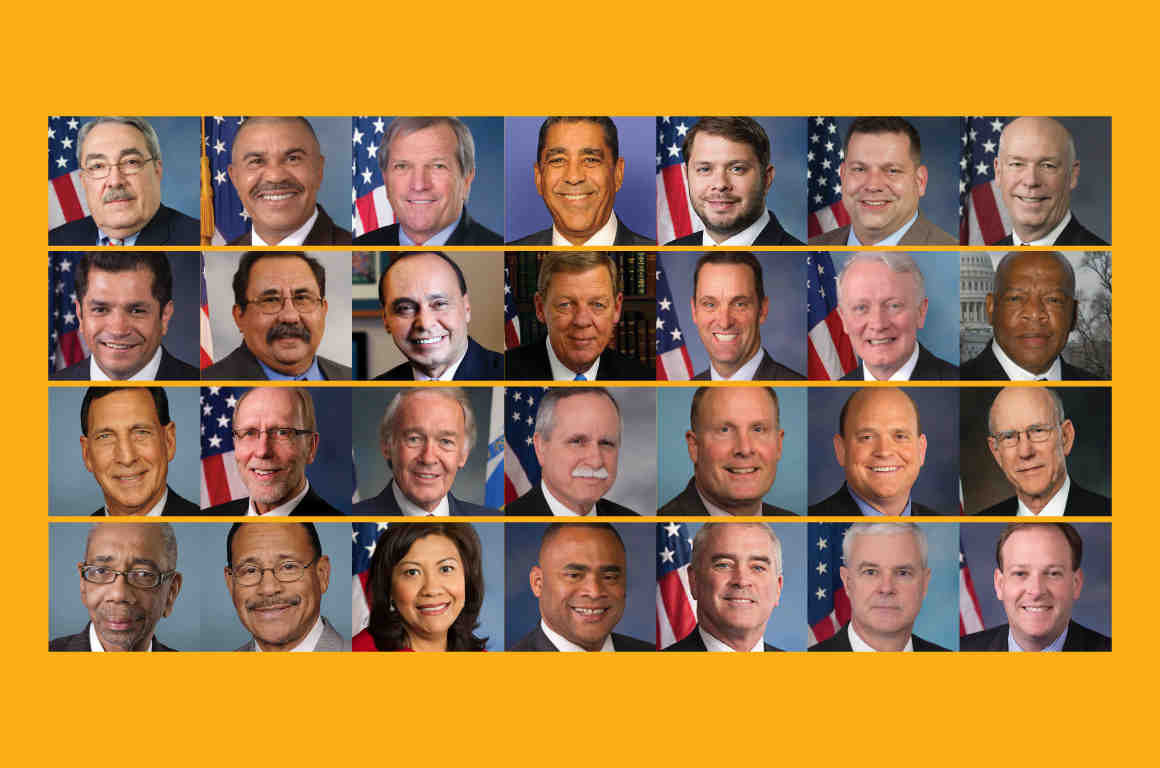Lack of STEM diversity is causing AI to have a ‘white male’ bias
A report from New York University's AI Now Institute has found a predominantly white male coding workforce is causing bias in algorithms.
The report highlights that – while gradually narrowing – the lack of diverse representation at major technology companies such as Microsoft, Google, and Facebook is causing AIs to cater more towards white males.
For example, at Facebook just 15 percent of the company's AI staff are women. The problem is even more substantial at...

